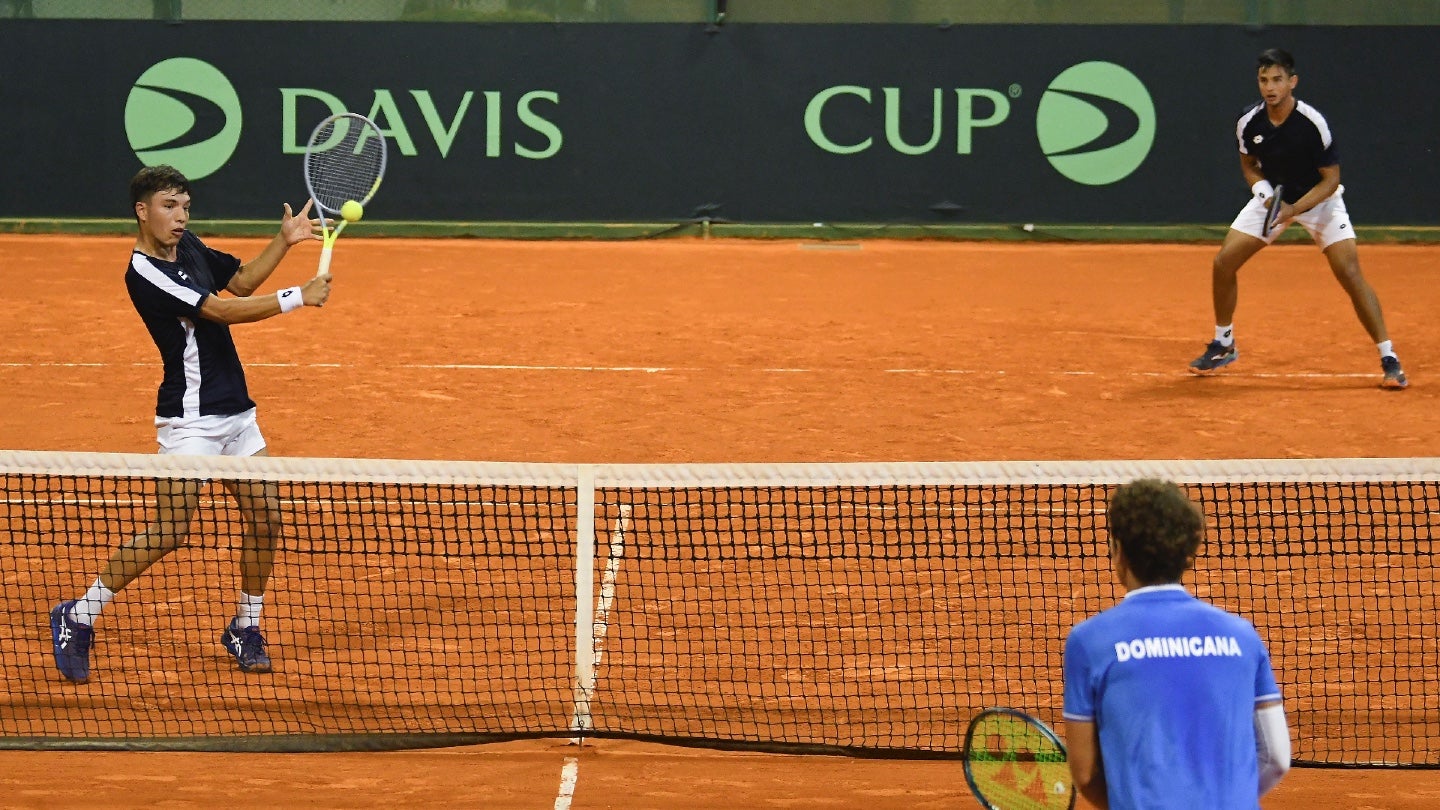
The International Tennis Federation (ITF) governing body secured revenue of $98.3 million in 2022, up from $66.6 million in the prior year.
This rise of 47.6% in income meant the UK-based ITF could increase its contributions to the sport globally to $85 million last year, up from $60.3 million in 2021.
In terms of pre-tax profits from operating activities, these amounted to $5.6 million, as opposed to a loss of $8.3 million in 2021, a year that was heavily impacted by the Covid-19 pandemic.
The ITF published its 2022 annual review, detailing financial performance over the 12 months up to December 31 last year, today (July 19).
Of the revenue, $60.7 million came from major events, with $32.2 million coming from the licensing fee paid by the Kosmos investment entity to run the ITF’s men’s national team Davis Cup competition.
This income was secured, however, before Kosmos took the ITF to the Court of Arbitration for Sport in Switzerland for ending the intended 25-year Davis Cup deal early.
In late January, it was widely reported that Kosmos failed to pay an annual fee of €40 million ($43.5 million) to the ITF and had requested to renegotiate the amount due to low profitability. After the ITF refused, Kosmos terminated its contract.
Since taking over in 2018, Kosmos had largely failed to deliver on its promises to elevate the tournament to a premier event on the global tennis calendar. The last three editions Kosmos presided over were dogged by issues including low attendance and scheduling difficulties, as well as top players choosing to skip the event.
Elsewhere in the ITF's 2022 revenues, sponsorship revenue amounted to $7.9 million, and media rights and licensing income came to $2.6 million.
Another $20.7 million was brought in through the sale of data rights to the Davis Cup and also to the women’s Billie Jean King Cup competition.
Meanwhile, $7.8 million came through income from the International Olympic Committee.
Since the tennis body introduced its ITF2024 strategic long-term growth plan in 2016, its reinvestment into the sport has grown by 95.4% ($41.5 million).
The ITF’s reserves currently sit at $40.2 million.
David Haggerty, president of the ITF, said: “The ITF’s finances are robust, we maintain significant reserves and we have a strong pipeline of commercial developments that will help support the game globally. Now it’s about the future and we have an ambitious vision for the game we love.
"I’m excited by what’s in front for tennis, especially as a sport that benefits so much from a real commitment to gender parity and international development.”
Haggerty will face a challenger in the shape of Dietloff von Arnim, president of the German Tennis Federation, at the next ITF presidential election later this year.
The 2023 election will take place at the governing body’s general meeting in Cancun, Mexico, on September 24.
Haggerty is seeking re-election for a third term.
The US incumbent eased to victory at the previous election in 2019, receiving 259 votes (he needed 215 to win), with former president Anil Khanna of India coming second with 93 votes. Khanna had also lost out to Haggerty four years prior.
Von Arnim believes tennis is in a “challenging economic environment” and blames the “many mistakes of the current leadership.” He has committed to a 10-year plan that will “restore the status of the Davis Cup and Billie Jean King Cup.”
He has been president of the DTB for the past two years, having previously been the tournament director at the World Team Cup in Dusseldorf between 2004 and 2012.
The ITF operates a complex election process, whereby five members (USA, UK, France, Australia, and Germany) have a maximum of 12 votes.
Image: Jam Media/Getty Images



